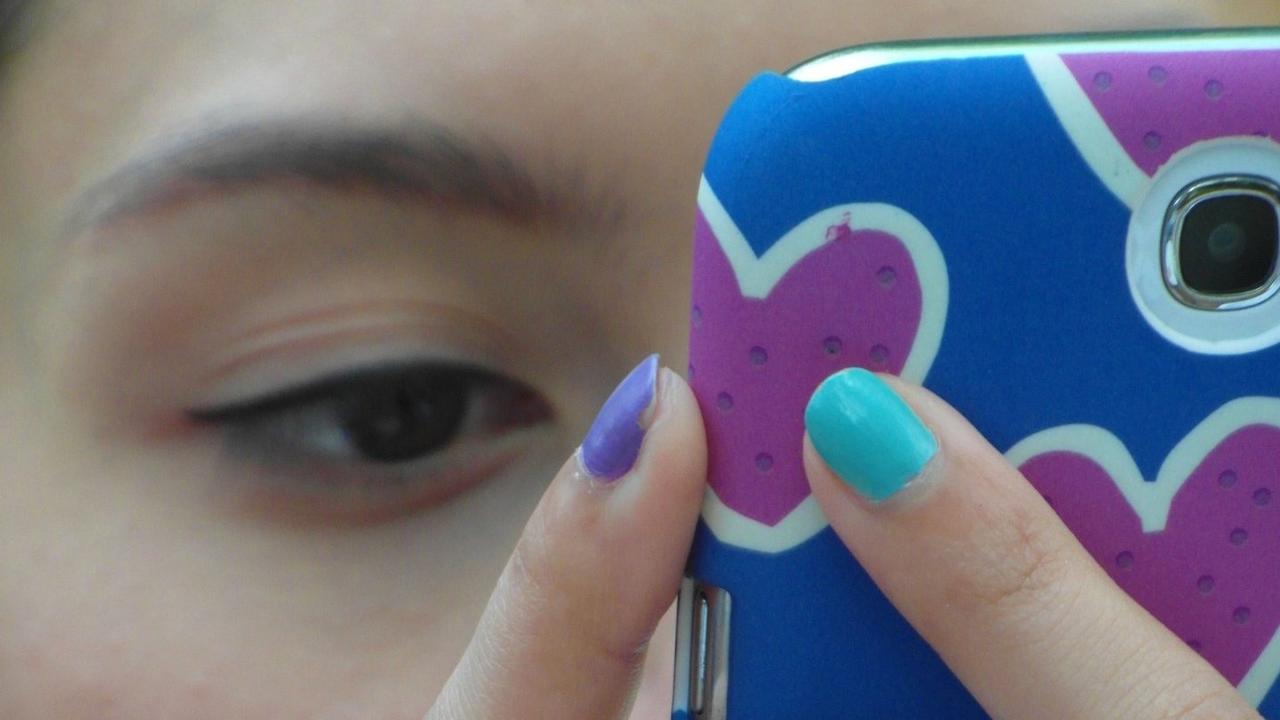Children as young as nine believe sending nudes is ‘normal’
Cybersafety experts have urged parents to speak to their children after a spike in kids aged between nine and 12 sending nudes with most thinking it is “normal”.
Cybersafety experts are pleading with parents to speak to children as young as nine about the dangers of sending nude photographs online.
The comments come after a rise in image-based abuse material during the Covid pandemic.
Researchers from Thorn, in the US, have published a startling report which showed an increase in teens and tweens sending nude photos in 2020.
One of the report’s key findings was the role parents play in keeping their children safe online.
“If there’s one takeaway that we keep coming back to as we continue learning directly from youth, it’s this: parents play a critical role in educating their children about online safety. The time to start talking with children about these topics is now,” the report said.
Compared to 2019, in 2020, 9-12-year-olds were more likely to admit that they had shared their own nudes and that they had seen the non-consensually reshared nudes of others.
For respondents aged between 9 and 17, 50 per cent reported sending nudes to someone they had never met in real life and 41 per cent believed they were sending the images to an adult.
LGBTQ+ youth were nearly three times as likely to share their own sexually-explicit content versus their non LGBTQ+ peers.
The three major findings from the report were.
“Sexting is becoming viewed as ‘normal’ activity among peers. Coercion plays a critical role and exponentially increases the risk to the victim. And, attitudes of blame and shame can compound harm of online threats and isolate young people,” it said.
Thorn CEO Julie Cordua said the study will surprise most people.
“Puberty and technology are on a collision course, and kids now face situations online that their parents never experienced, at a younger age than most people would think,” she told Axios.
In Australia, the eSafety Commissioner also recommends that parents speak to their children about the dangers of sharing intimate images.
The organisation provides guidelines on how to approach the topic.
“Match your approach to your child’s level of maturity, age and the type of relationship you share with them. Maybe take the opportunity for a chat while you are doing something together, like a long walk or a car trip,” it said in a statement.
The organisation is also able to provide help in getting images taken down from the internet.
They have an expert team who work alongside major online publishers in pulling down intimate, illegal or compromising images.
For all the latest Technology News Click Here

